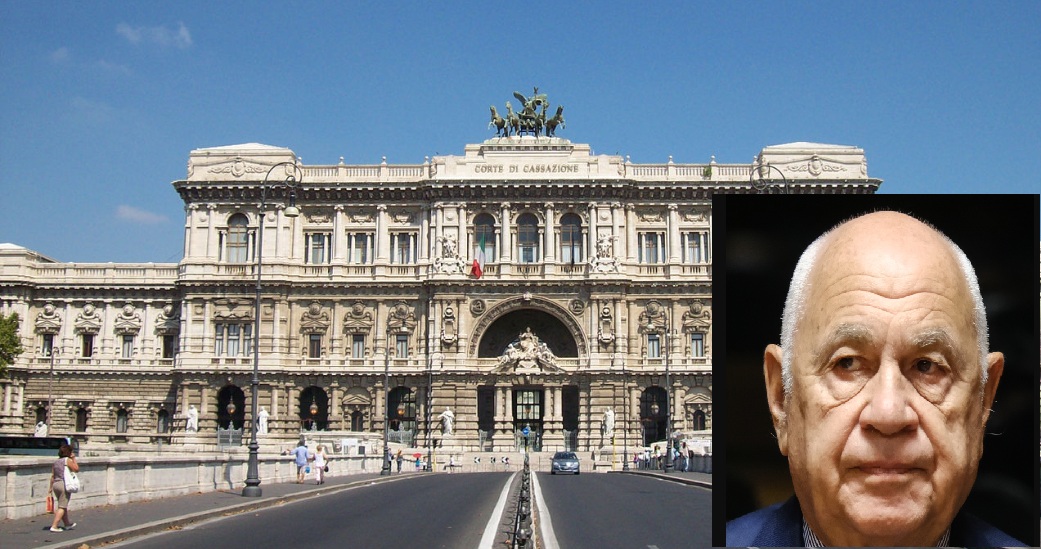Justice Minister Carlo Nordio reaffirmed the government’s commitment to judicial reform during the inauguration of the Judicial Year at the Supreme Cassation Court on Friday.
Nordio described the proposed Constitutional reform, which aims to separate the career paths of judges and prosecutors, as a key pledge made to voters.
“The Constitutional reform in progress is a duty towards voters,” Nordio stated. He said the reform, designed to ensure independence and autonomy within the judiciary, is both novel and transparent.
The minister dismissed concerns about the reform’s implications, labelling speculation over potential changes as “arbitrary, divinatory interpretations.” He reiterated the government’s position that the reform would safeguard judicial independence while ensuring balance within the justice system.
“The independence of prosecutors from executive power is an absolute premise,” Nordio said. He added that the reform would protect and strengthen the role of judges without diminishing the prosecution’s position. The changes, he noted, would ensure parity between the defence and prosecution in front of an impartial judge.
Critics, including the National Association of Magistrates (ANM), argue the reform could alter the balance of power between the judiciary and the State, potentially opening the door to political interference. Protests are planned for Saturday’s Judicial Year inauguration ceremonies at appeals courts across the country, with a strike scheduled for February 27.
The reform, which also includes changes to the judiciary’s self-governing body (the CSM) and the creation of a High Court to discipline judges and State attorneys, has passed its first vote in the Lower House. It requires three additional votes in Parliament to become law.





